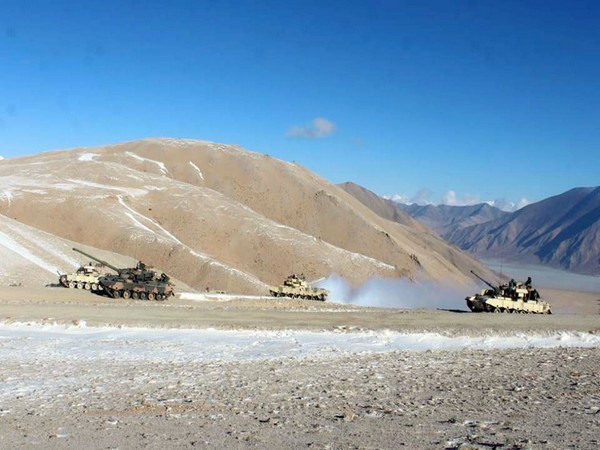India and China Near Complete Disengagement in Ladakh Standoff
The disengagement process between Indian and Chinese troops in Ladakh is nearly complete, with a target to finish by Tuesday. Both nations agree on new patrolling arrangements following discussions at diplomatic and military levels, aiming to restore the situation prior to April 2020 tensions.

- Country:
- India
The disengagement process between the Indian and Chinese armies in the tense regions of Depsang and Demchok has reached substantial completion. According to Defence sources, the operation, aimed at removing infrastructure and pulling back troops, is at 80-90 per cent completion and is expected to wrap up by Tuesday.
The Indian Army targets October 29 to finalize the disengagement, after which coordinated patrolling will initiate in both sectors. The efforts focus on reverting to the pre-April 2020 ground situation, marked by the onset of Chinese aggression.
On Friday, China's Foreign Ministry confirmed that frontier troops are engaged in resolving border issues as per recent agreements. Chinese Foreign Ministry spokesperson Lin Jian stated during a press briefing that the process is progressing smoothly, confirming that the nations have begun removing troops from friction points.
Earlier, India declared a pact with China to allow joint patrolling along the Line of Actual Control (LAC) in eastern Ladakh, thus ending a four-year military standoff. Defence Minister Rajnath Singh noted on October 24 that both countries had consensually decided to reestablish the ground situation, including mutual patrolling and grazing rights, emphasizing the efficacy of sustained dialogue in resolving disputes.
Addressing the Chanakya Defence Dialogue, Singh highlighted that discussions at both diplomatic and military levels resulted in a consensus to restore ground conditions and mutual security principles. Prime Minister Narendra Modi and Chinese President Xi Jinping, during the BRICS Summit, expressed approval for the agreement on patrolling along the LAC, and aimed for strategic normalisation of bilateral relations.
Following an MEA announcement, Foreign Secretary Vikram Misri emphasized the leaders' commitment to preventing boundary-related disputes. He indicated that restoring peace in border regions would foster normal relations, with plans to engage in strategic communication and dialogue mechanisms moving forward.
(With inputs from agencies.)
ALSO READ
Nagaland's Diplomatic Push to Resolve Assam Border Dispute
Himalayan Breakthrough: India and China Achieve Patrolling Pact
Breakthrough in India-China Border Talks: Patrolling Resumed
India-China Patrolling Pact Paves Way for Resolution
India and China Forge New Patrolling Agreement Ahead of BRICS Summit










